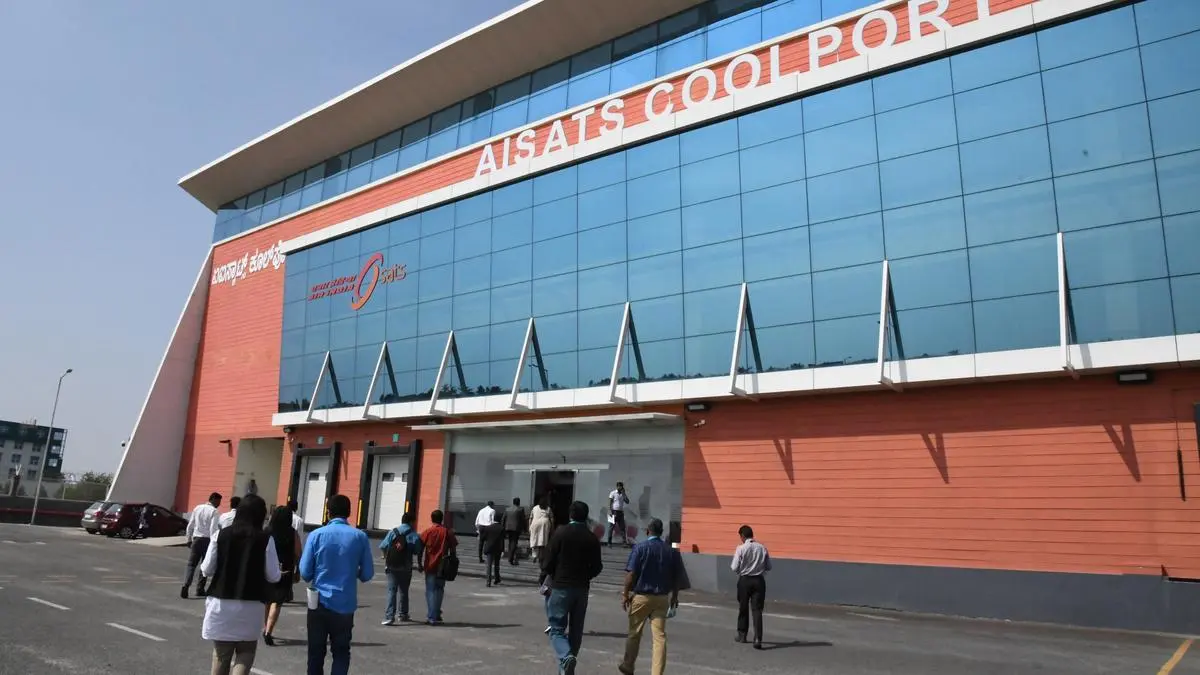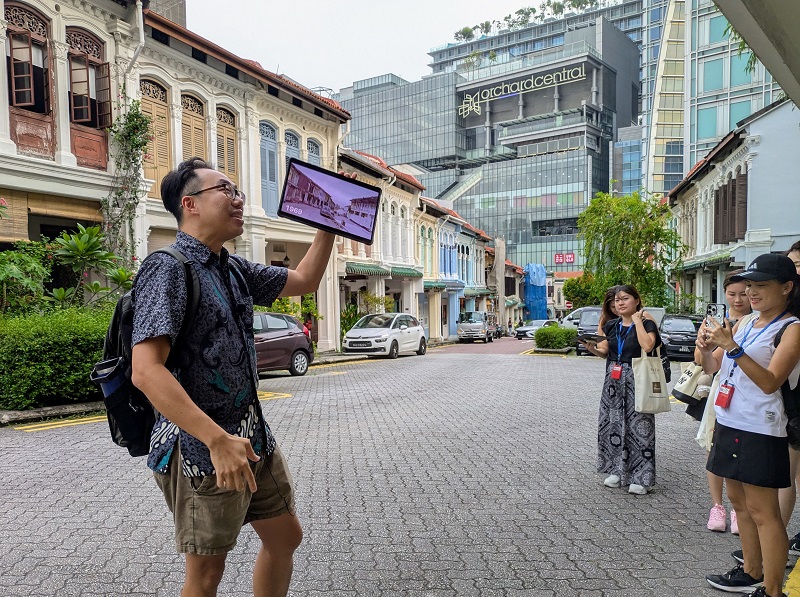By Rohit
Copyright thehindubusinessline

The Tata Group-SATS ground-handling as well as logistics joint venture, AISATS, plans to expand its presence in aviation services, cargo, and allied businesses.
Accordingly, AISATS, which currently operates at eight airports (Bengaluru, Delhi, Hyderabad, Thiruvananthapuram, and Mangaluru – plus three additional locations for cargo operations: Ranchi, Noida (upcoming), and Raipur), is gearing up to expand its footprint into secondary airports under the Centre’s regional air connectivity UDAN scheme “when opportunities arise”.
Besides, the firm is preparing to enter larger metro airports such as Chennai and Kolkata once existing restrictions ease.
Grandpa clause
Its absence from these metros stems from a “grandfather clause” that currently grants the State-run AI Airport Services Ltd (AIASL) exclusive rights for around three more years.
Speaking to businessline, Ramanathan Rajamani, Chief Executive of AISATS, said the expansion plan reflects the company’s commitment to long-term growth in India’s aviation ecosystem.
“We are not only looking at airports where we are already present, but also at underserved and emerging locations,” he said.
“Once the grandfather rights expire, we expect to be in a strong position to serve other metro airports as well.”
According to Ramana, besides its traditional ground handling business, AISATS is looking to expand into cargo and logistics space.
Investments
Presently, AISATS has invested in an eight-acre logistics park in Bengaluru, which functions as a hub for warehousing and distribution.
Furthermore, it is developing a 30-acre integrated cargo terminal at Noida International Airport and has also secured 57 acres for a multimodal logistics hub.
Recently, the company commenced domestic cargo handling operations at Raipur’s Swami Vivekananda Airport, as the airport’s official O&M partner.
On an allied segment of freighter operations, Ramana said that India’s freighter aircraft fleet is poised for exponential growth.
“We estimate that the number of freighters operating in India could increase two to threefold in the coming decade. This growth will be driven by strong demand for exports of pharmaceuticals, perishables, semiconductors, and e-commerce goods,” he explained.
Consequently, AISATS is aligning its infrastructure investments with the country’s projected trade and cargo needs, he said.
Published on September 23, 2025



